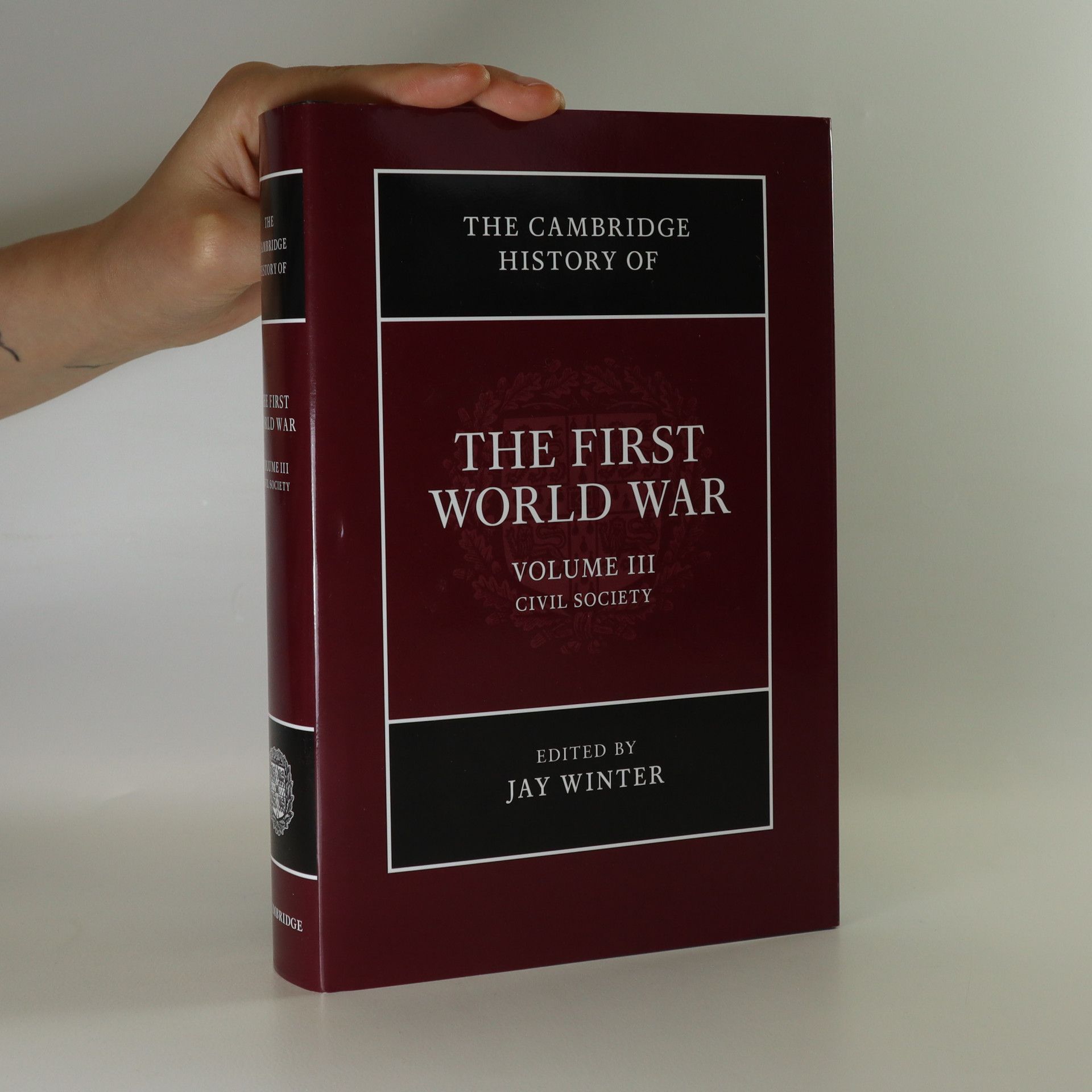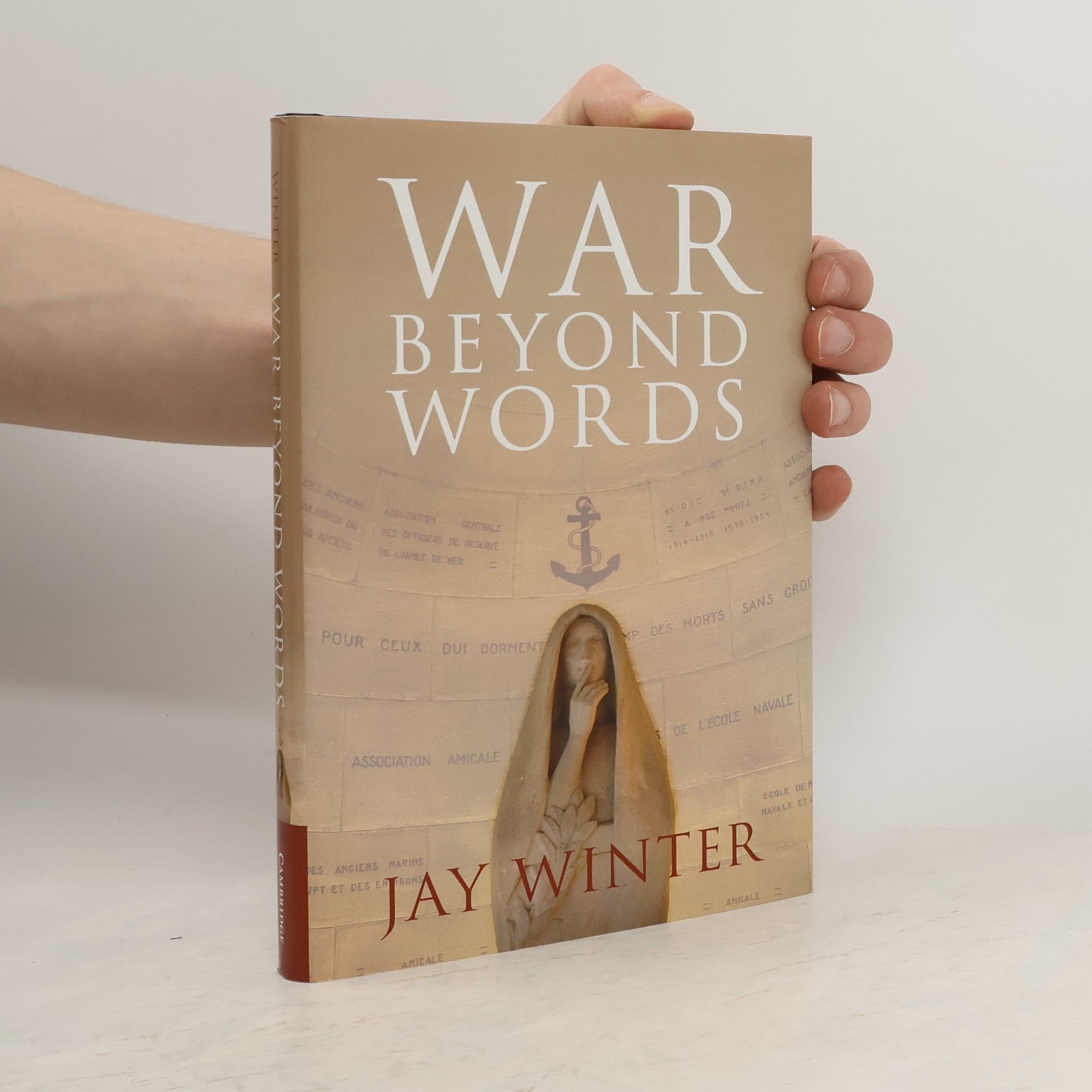The Day the Great War Ended, 24 July 1923
The Civilianization of War
The peace conference at Lausanne in 1923 marked the conclusion of the Great War, but it prioritized peace over justice, as explored by Jay Winter. He delves into the outcomes of the Treaty and its implications, highlighting how the decisions made during the conference sowed the seeds for future global conflict, ultimately leading to World War II in 1939. Winter's narrative sheds light on the complex interplay between diplomacy and the unresolved tensions that followed the war.


